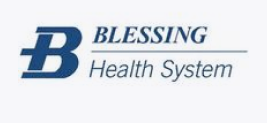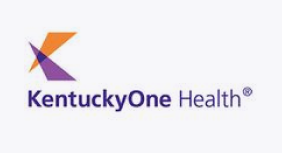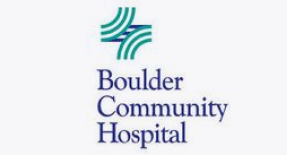April 30, 2022
Defining Your Specialty Pharmacy Market

When analyzing the viability of a specialty pharmacy at your hospital, one of the first steps to undertake is asking the question: “What type of patients, in my market, need specialty pharmacy services?”
To find the answer, you should start by talking to both your hospital-owned and local physician specialists, particularly in the areas of Rheumatology, Gastroenterology, Dermatology, Multiple Sclerosis, Oncology and Infectious Diseases. You should also have conversations with other physicians and local nurses. These conversations will help you determine which patients (and disease types) make up most of your market.
Another place to look, and where you could find a captive client base, is your hospital’s employees. Start by speaking with your Human Resource Department and work with them to analyze how many current members of the hospital’s prescription benefit plan are taking specialty medications. You can work with human resources and design a benefit plan where both patients and the health system can realize savings from the hospital owned specialty pharmacy. Many health systems have found that they can significantly reduce the cost of specialty medication expenses and improve employee health by in sourcing the specialty pharmacy function.
Local self-insured employer groups are another potential client-base. These employers are usually mid-sized to large employers who are always looking for ways to reduce costs and manage their chronically ill employees. Employers are all feeling the increased financial pressures of specialty medications and are starting to investigate direct contracting options with specialty pharmacies to ensure better patient care and outcomes. A hospital that can work with their local community and its biggest employers can build both brand and loyalty by helping an employer design a specialty pharmacy benefit plan that helps their employees’ access and stay compliant with complex and expensive medications. Most employers will quickly understand that having a local, hospital-based specialty pharmacy can provide real benefits to the patient and their employer.
The examples outlined above are just some of the avenues to consider when evaluating a specialty pharmacy for your hospital.











